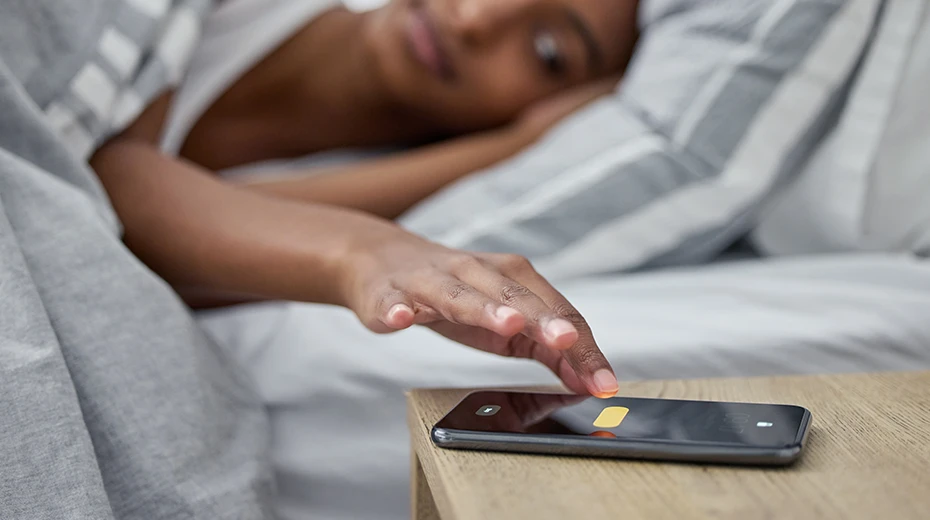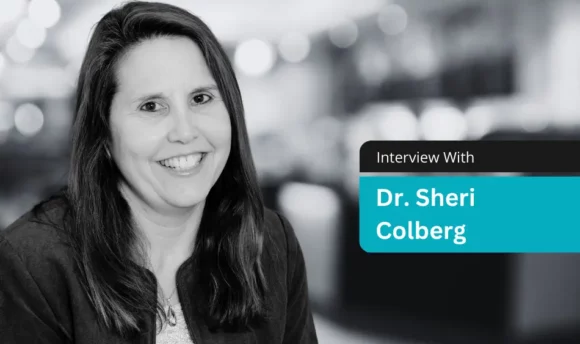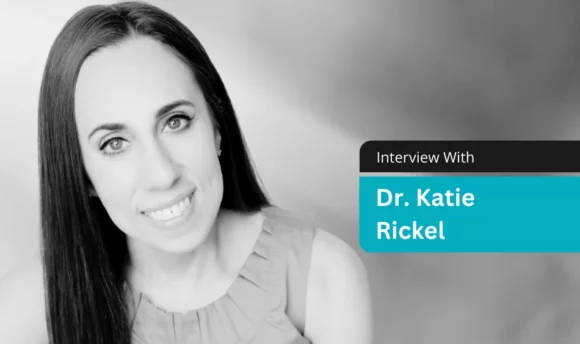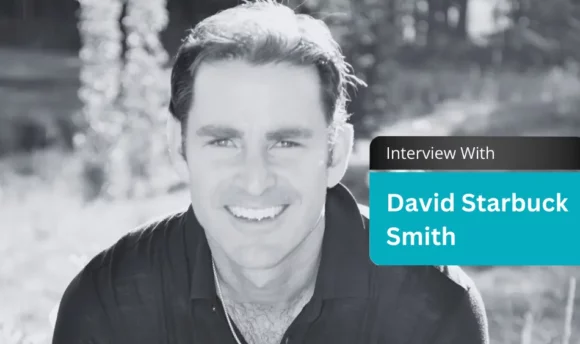Snoozing Isn't Losing: Extra 30 Minutes in Bed Might Boost Your Morning Alertness

Key Takeaways:
- Habitual snoozers may experience improved mental sharpness upon waking.
- Scientists from Stockholm University studied over 1,700 participants across five countries. Despite interrupted snoozing, participants still managed about 23 minutes of sleep within a 30-minute period.
- The benefits of snoozing seem to dissipate by lunchtime.
Fancy an extra 30 minutes under the covers in the morning? A recent study indicates it might not be such a bad idea. If you’re among the many who habitually hit the snooze button, research suggests you might be mentally sharper when you finally rise and shine.
Over 1,700 participants from Sweden, the US, the UK, Finland, and Australia took part in the study, led by Dr. Tina Sundelin of Stockholm University. The most common reason many opted for a snooze? They felt too tired to wake up immediately.
Delving Deeper Into the Snooze Habit
Dr. Sundelin and her team dove deeper, recruiting 31 habitual snoozers for additional tests. These individuals were set to wake up half an hour earlier than necessary, allowing them to hit the snooze button three times.
After their snooze session, they performed better in 3 out of 4 tests, which assessed memory, simple math skills, and a more complex mental task.
Interestingly, sleep trackers revealed that those who snoozed were less likely to wake from deep sleep, potentially reducing morning grogginess. Even with several alarms going off within the 30-minute snooze window, participants were still able to get around 23 minutes of actual sleep.
However, it’s worth noting that this morning mental boost seems to be especially beneficial for those who hit the snooze button frequently. Younger individuals and self-proclaimed night owls, who might head to go to bed later, appeared to gain the most from this interrupted extra sleep.
The Bigger Picture
Dr. Sundelin remarked, “There’s no reason to quit snoozing if you relish it. In fact, for those struggling with morning drowsiness, it might help them feel more alert when they get up.” However, she also cautions that the study’s sample size is limited, and more research is needed.
Two-thirds of participants admitted to occasionally setting multiple alarms or opting for a snooze. These snoozers, on average, identified more as night owls and were about 6 years younger than non-snoozers.
By mid-day, the apparent benefits of snoozing seemed to fade, with test results evening out between snoozers and non-snoozers. And while snoozing might aid mental alertness, it doesn’t necessarily make one feel less sleepy or more joyous throughout the day.
So, the next time your alarm blares and you’re debating that extra half-hour of shut-eye, remember: snoozing might just be the boost your brain needs to start the day right.
Sources
- Allen, V. (2023b, October 18). Why scientists say it’s not a BAD idea to hit the snooze button and treat yourself to an extra 30. . . Mail Online.
https://www.dailymail.co.uk/health/article-12641179/Why-scientists-say-not-BAD-idea-hit-snooze-button-treat-extra-30-minutes-bed-morning.html?ns_mchannel=rss&ns_campaign=1490&ito=1490

















































 Select your language:
Select your language: 







